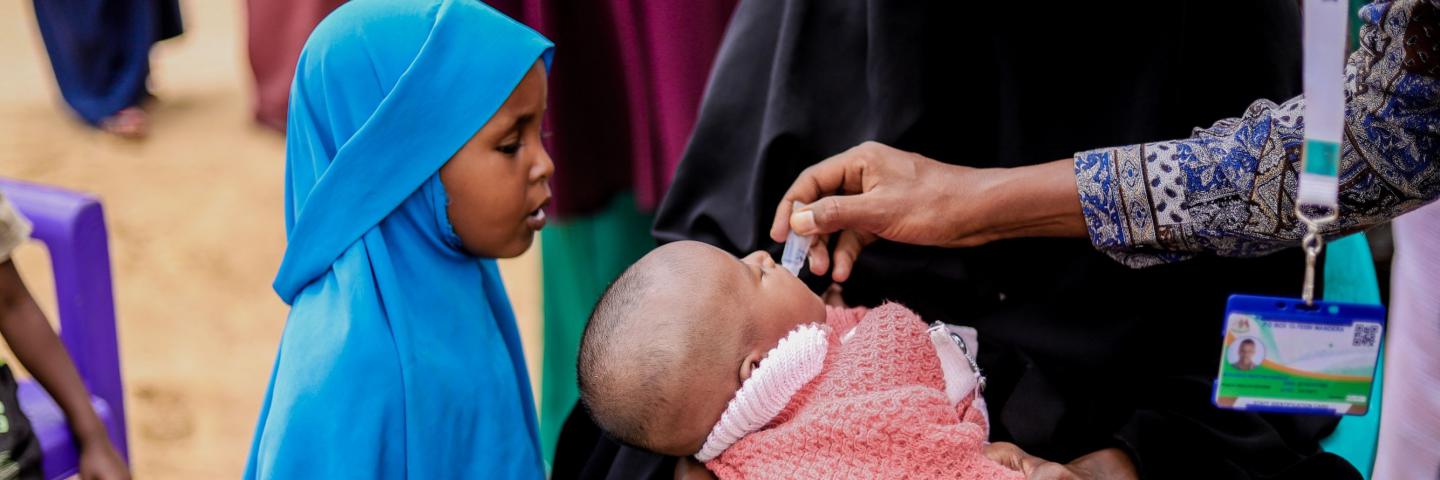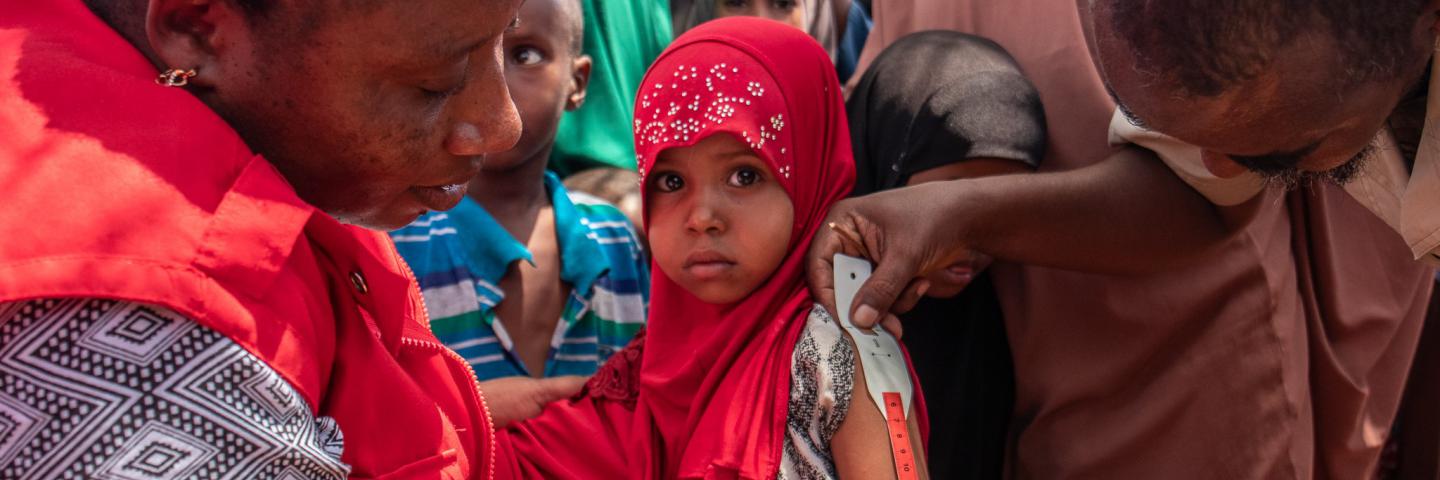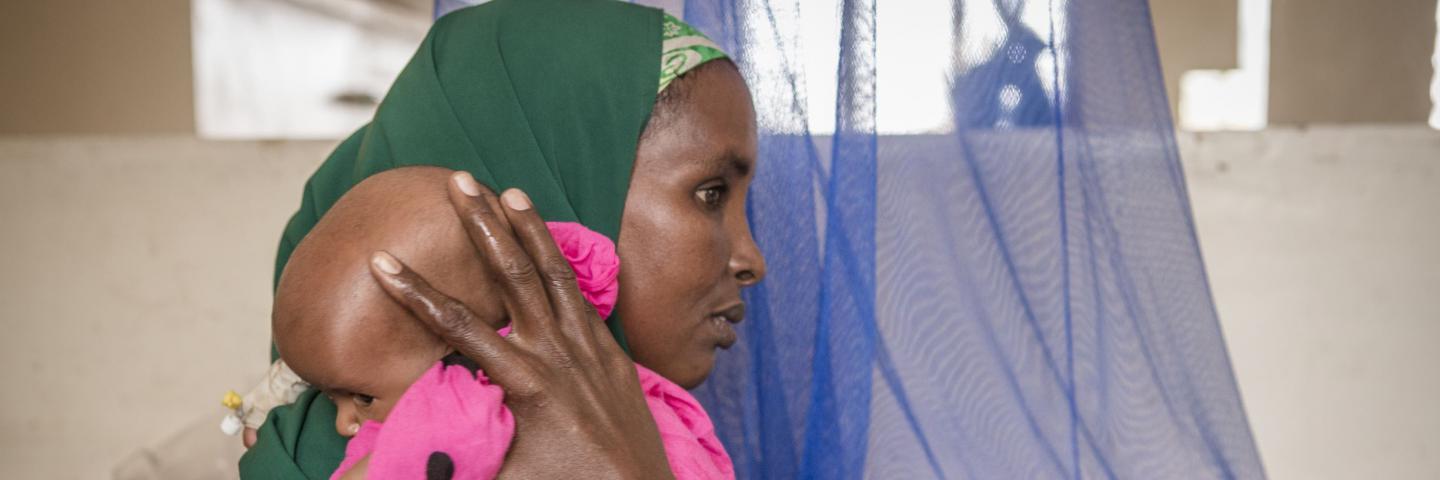

We work with the Kenyan government, partners to reduce maternal, newborn, child illnesses and deaths in Kenya. Additionally, we work to reduce malnutrition among children and pregnant and lactating women. In target counties, we support the Ministry of Health to train health workers to deliver high impact and lifesaving interventions such as maternal, infant and young child nutrition, Kangaroo Mother Care for small babies and chlorhexidine; an antiseptic that we use when supporting for newborn cord care.
Integrated community case management (iCCM)
Integrated community case management (iCCM) is an approach that treats children close to home. It is an equity focused approach that aims to deliver lifesaving interventions for childhood illnesses, particularly in places that have little or no access to health facility services. The iCCM is a strategy to extend case management of childhood illness beyond health facilities so that more children have access to lifesaving treatments. The strategy also aims to improve equity by reaching the hard-to-reach and underserved parts of the population. In Kenya, the Government has launched a five-year National Framework and Plan of Action for Implementation of iCCM in 2013 after elaborate consultations with stakeholders within its community health strategy. The iCCM strategy encompasses the community treatment of malaria, pneumonia and diarrhea by trained and supervised community health volunteers. The strategy also involves some aspects of maternal, child health and nutritional screening for children under five years and referral of cases of malnutrition to health facilities for further management

Saving Newborns life approach
This is an integrated approach which aims to prevent and manage threatening conditions that lead to newborn deaths, maternal deaths as well as still births.
Nourishing the Youngest
This is a comprehensive approach designed to promote, protect and support Infant and Young Child Feeding (IYCF) to ensure that children have the best chances of surviving, growing and developing to their full potential.
Sexual Health and Rights
This approach includes recommended interventions at each level of the socio-ecological model to ensure that adolescents have comprehensive ASRHR information and life skills, live in families and communities that are supportive of gender equality and ASRHR and have access to quality ASRHR services in a supportive policy environment.
